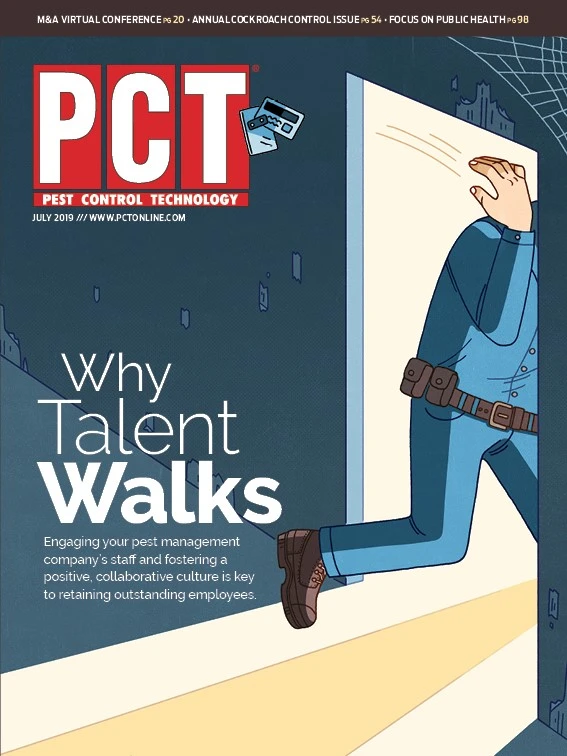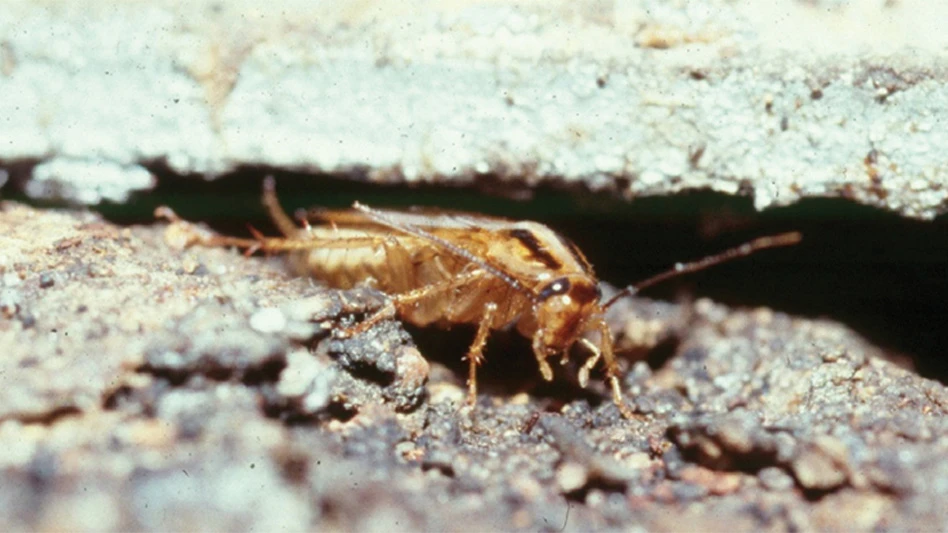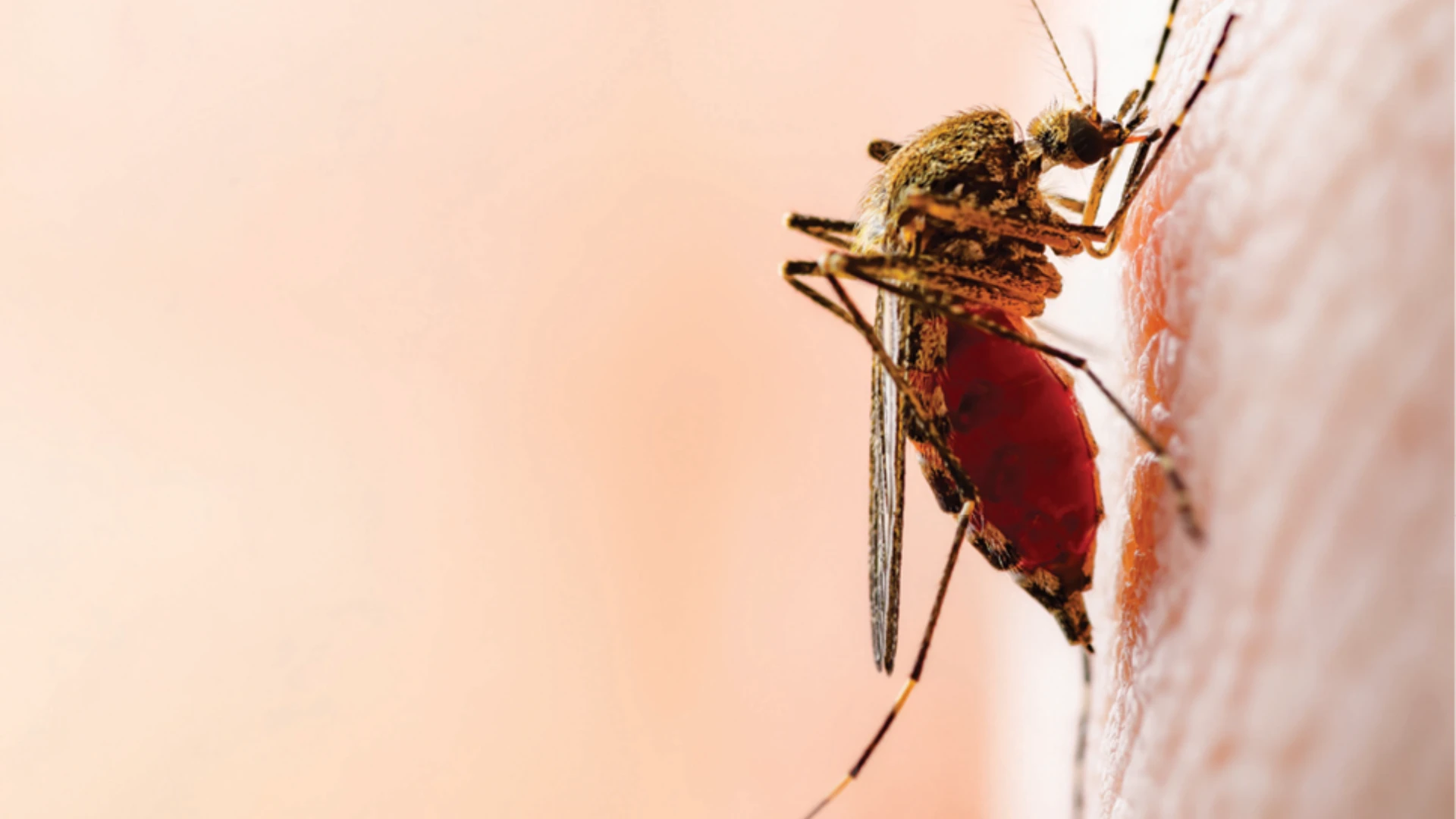
If you are in a court of law regarding your pest management services, you will be asked to define the Standard of Care since you are the expert. Some experts will claim that the standard is any application that is legal, therefore it meets the Standard of Care. We know that even though a product is labeled for a target pest we would never use it as it would never solve the client’s contracted pest problem. So, what creates the Standard of Care? Most experts and attorneys will tell you the standard is created by experts in the field, university research and what is the best and most effective approach to a problem.
There was a time where every gallbladder was removed by slicing open a patient laterally across abdominal muscles, creating weeks and perhaps months of recovery. That practice is still used in emergency situations. However, today the preferred methodology is laparoscopic surgery where the patient is back to work in a few days and the risk of infection is greatly reduced. Both are legal but one meets the Standard of Care.
So, in the pest management industry we have dozens of legal options for the control of German cockroaches, but which method is most accepted by experts, university researchers and the foremost PMPs in the industry?
SO MANY TREATMENTS. Our firm has represented thousands of clients including tenants, landlords and PMPs as an expert witness in litigation or in a consulting capacity. Over the years we have voiced concerns over the treatment of German cockroaches in apartment buildings, especially those designated as low income.
According to the Rental Housing Finance Survey (RHFS) from the U.S. Census Bureau, there are 2.25 million apartment complexes in the United States. Comparatively, there are 660,755 restaurants in the United States. If three meals a day are prepared and served for an average of four people per meal, the average number of meals served per day for all the apartment complexes in the country would be 27,066,660. Based upon data from the question and answer website Quora, the average restaurant serves 125 customers per day, this relates to 82,594,375 meals per day, more than three times the number of meals served in apartments.
This data is important when you consider that PMPs recognize that based upon the significant amount of grease production and food prepared in the kitchens of restaurants, the Standard of Care would include the application of various types of cockroach baits in rotation, dusting wall voids to eliminate harborage and to recommend habitat modifications (such as the sealing of cracks and crevices and moisture source elimination).
What is surprising is that PMPs are still applying synthetic pyrethroids in most of the multi-family housing in the Southern California area. Our firm has inspected more than 3,000 apartment units and each year this situation still exists. PMPs are still not applying cockroach baits and non-repellent dusts in voids, and still not making recommendations regarding habitat modifications to apartment management.
Why are PMPs so resistant to applying the lessons they have learned from servicing the food industry to the multi-family industry? Every PMP who has managed pest control routes has learned pretty fast that callbacks on contract work reduces the capacity for the route technician to perform services that add to the route production. A $60 account that has two callbacks is suddenly reduced in value and if callbacks are consistently spread over the route every month, then the technician has no capacity to add more paying accounts. That’s a bad scenario.
Perhaps apartments are treated this way because of the way they’re typically sold. The typical contract has a monthly exterior treatment that includes a percentage of the units treated inside as part of the monthly contract. In my experience, the percentage across the country has averaged about 10 percent of the total units. Maybe PMPs assume that apartment managers will have them treat those units regardless whether they have issues or not.
My experience working with landlords over my 40+ years in the industry is that most apartment managers have tenants who request services and they simply add them to that month’s services list. If there are no complaints, then there are few service requests and thus the PMP simply services the exterior and moves on. The manager is happy that no one is complaining, and the owner is happy no one is moving out due to pest problems and there are no lawsuits heading his way.
MAKE A DECISION. We have heard PMPs testify that they perform that type of service and use a less-effective treatment approach because the owner is cheap. Well, in that case, the PMP needs to make a decision. Do you fill your routes with accounts that are low paying and filled with callbacks, restricting your growth? Or do you decide to take these accounts to have fillers between other stops and perform the work in a way that meets the Standard of Care? Or do you just stop taking on that type of business?
I have defended PMPs and landlords in court and it’s a hard sell to the jury that we performed below Standard of Care work because the owner wouldn’t pay us enough even though we negotiated the contract. It’s time for PMPs to realize that doing quality work in multi-family dwellings should be the standard as it is in food-handling accounts.
The author was the entomologist and chief operating officer for Lloyd Pest Control, San Diego, for 31 years. He started consulting 1998 focusing of expert witness work and began doing that full time after his retirement from Lloyd in 2012. He has been an expert or consultant on more than 500 cases.

Explore the July 2019 Issue
Check out more from this issue and find your next story to read.
Latest from Pest Control Technology
- Liphatech Adds Alex Blahnik to Technical Team
- Do the Right Sting: Stinging Insect Identification, Management, and Safety
- VAGA's 8th Annual Veterans Thanksgiving Appreciation Dinner
- Clark's Blair Smith on the Response to Increased Dengue Fever Cases in Southern California
- WSDA, USDA Announce Eradication of Northern Giant Hornet from U.S.
- Ned’s Home Acquires Ultra Safe Pest Management
- Bed Bugs & Dirty Clothes
- Boston Adopts Liphatech's IGI CO₂ Technology for Rodent Abatement





